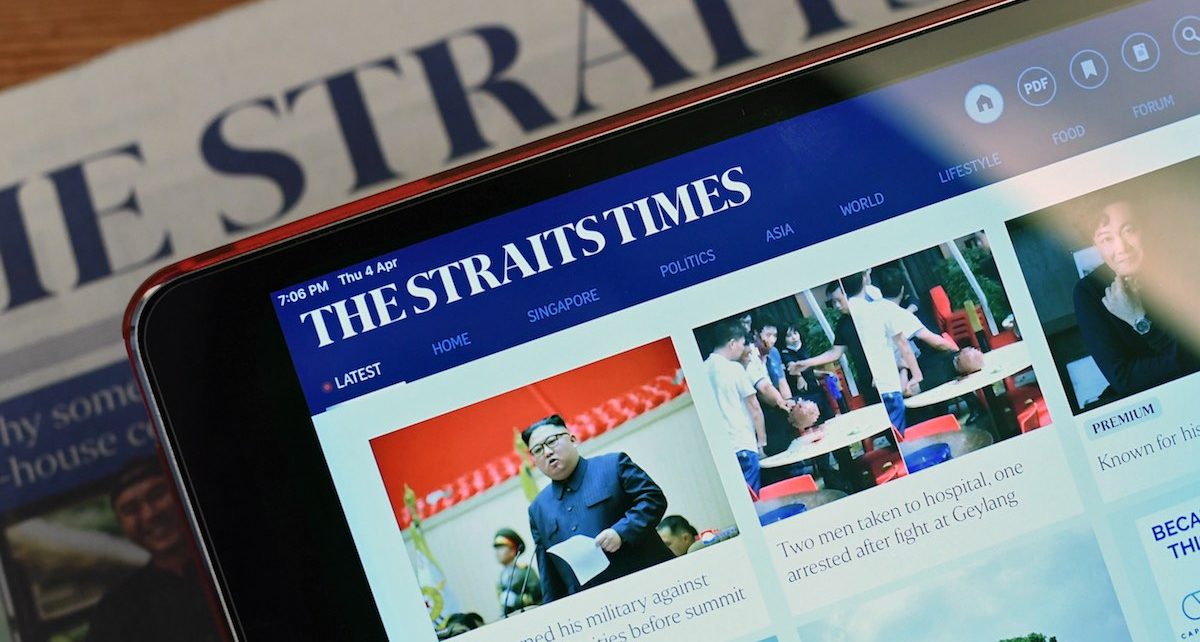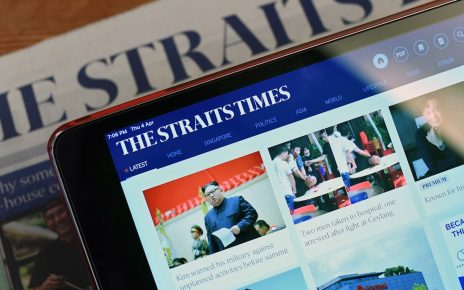
The man responsible for the London Bridge knife attack was released from prison last December after spending six years behind bars for terrorism offences.
Usman Khan, 28, was labelled a “serious” jihadist by the sentencing judge but has, for the past year, been out “on licence”, which means he had to meet certain conditions or face recall to prison.
He had been convicted in 2012 as part of an Al-Qaeda-inspired group plotting a Christmas bomb attack in 2010 on major sites including the London Stock Exchange, the US Embassy and the home of Prime Minister Boris Johnson, who was then London’s Mayor.
He admitted to a lesser charge of engaging in conduct for the preparation of acts of terrorism. He was the youngest member of the group of nine extremists, mostly British citizens apart from two born in Bangladesh.
According to media reports, he spent some of his teenage years in Pakistan, living with his mother after she became sick, and started preaching radical Islam on the Internet after his return to Britain.
Khan, who was born in Britain, had plans for a “terrorist military training facility” disguised as a madrasah (Islamic religious school) on land owned by his family in Kashmir, according to sentencing remarks.
The judge had deemed Khan and two others “the more serious jihadists”, and said they should not be released until they were no longer a threat to the public.
The three co-conspirators, said Judge Justice Wilkie, were “working to a long-term agenda” and were planning to fund and establish the terrorist training school, with Khan planning to leave Britain in January 2011 to train.
“They were intent on obtaining training for themselves and others whom they would recruit and, as such, were working to a more ambitious and more serious jihadist agenda,” he said.
“In my judgment, these offenders would remain, even after a lengthy term of imprisonment, of such a significant risk that the public could not be adequately protected by their being managed on licence in the community, subject to conditions, by reference to a preordained release date,” he added.
The three men originally received an indeterminate sentence, but this was overturned by the Court of Appeal in April 2013. Khan was given a 16-year sentence.
Britain’s Parole Board said in a statement that it had no involvement in Khan’s release, saying he “appears to have been released automatically on licence (as required by law), without ever being referred to the board”.
The Times reported that Khan’s release came after he agreed to wear an electronic tag and have his movements monitored.
Another man from Stoke who was jailed alongside Khan – Mohibur Rahman – was found guilty in 2017 of another terrorist plot following his release from prison.
ASSOCIATED PRESS, REUTERS



